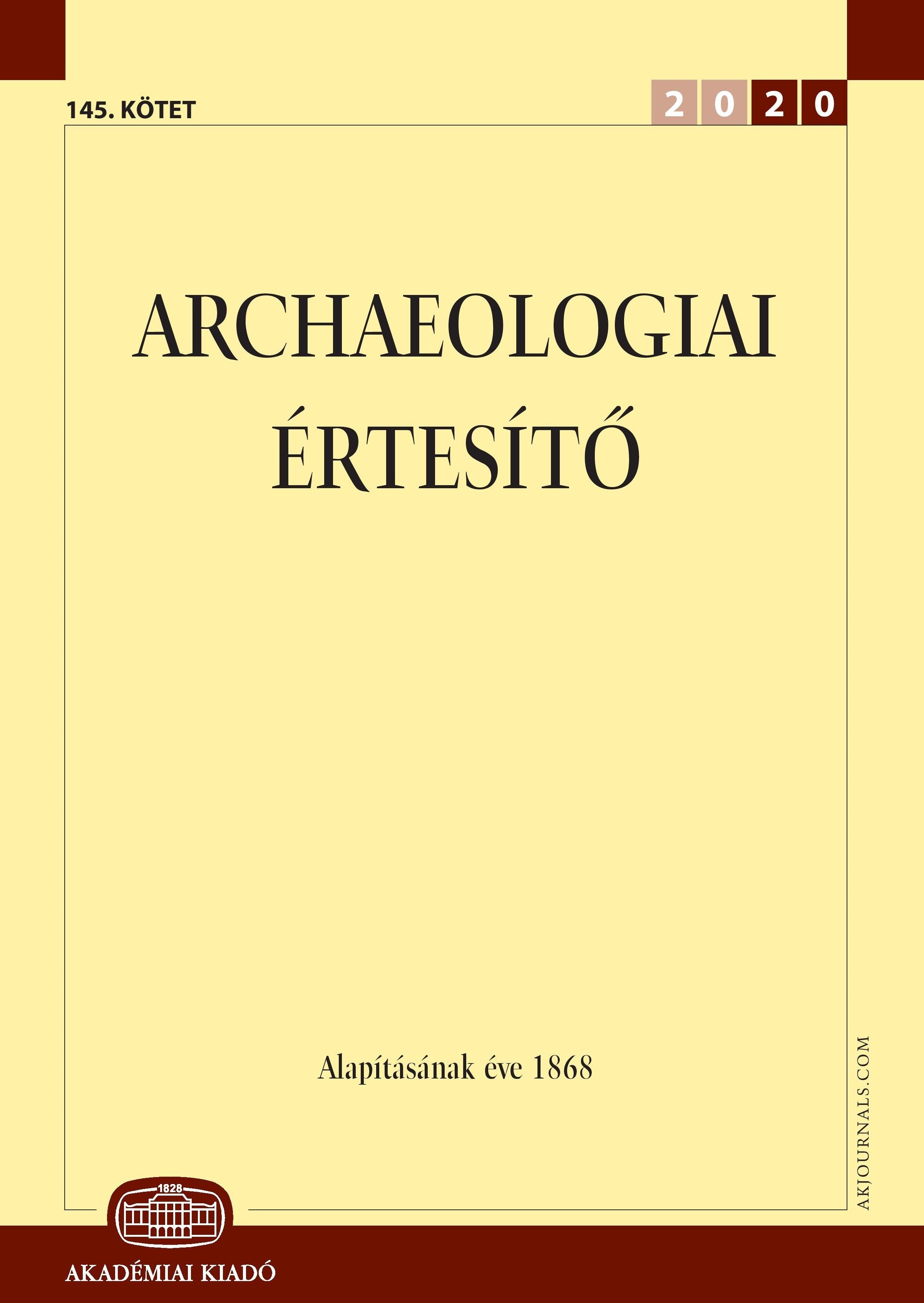A korai keresztény temetkezési szokások kialakulásáról. Egy kutatási projekt tanulságai
On the emergence and formation of the Early Christian mortuary tradition: Insights from a research project
Author(s): Ádám BollókSubject(s): Archaeology, 6th to 12th Centuries
Published by: Akadémiai Kiadó
Keywords: early Christian mortuary tradition; late antiquity; church fathers; local Christianities; Galilee; Carpathian Basin
Summary/Abstract: The present paper explores some select key aspects of the emergence and formation of the early Christian mortuary tradition with a focus on the late antique centuries and the eastern Mediterranean sphere. It is argued that due to the scarcity of New Testament references to ideal burials which could have served as models for later Christian communities, the leaders of the Christian churches had to set the norms of what were considered as acceptable and unacceptable forms of mortuary rituals for their congregations. While there were a few customs which were heavily criticised in several regions of the Roman world, including the traditional forms of mourning practices and funerary display, a large part of the mortuary realm was either left largely untouched or merely a few references indicate that Church authorities attempted to correct their communities' habits in certain matters. Individual communities thus kept several elements of their pre-Christian mortuary traditions, which led to the emergence of quite significant local and regional variability within the Christian world. The paper's final part examines such a regional variant, citing the example of the mortuary record of the late Roman to late antique Galilee.
Journal: Archaeologiai Értesítő
- Issue Year: 149/2024
- Issue No: 1
- Page Range: 21-46
- Page Count: 26
- Language: Hungarian

